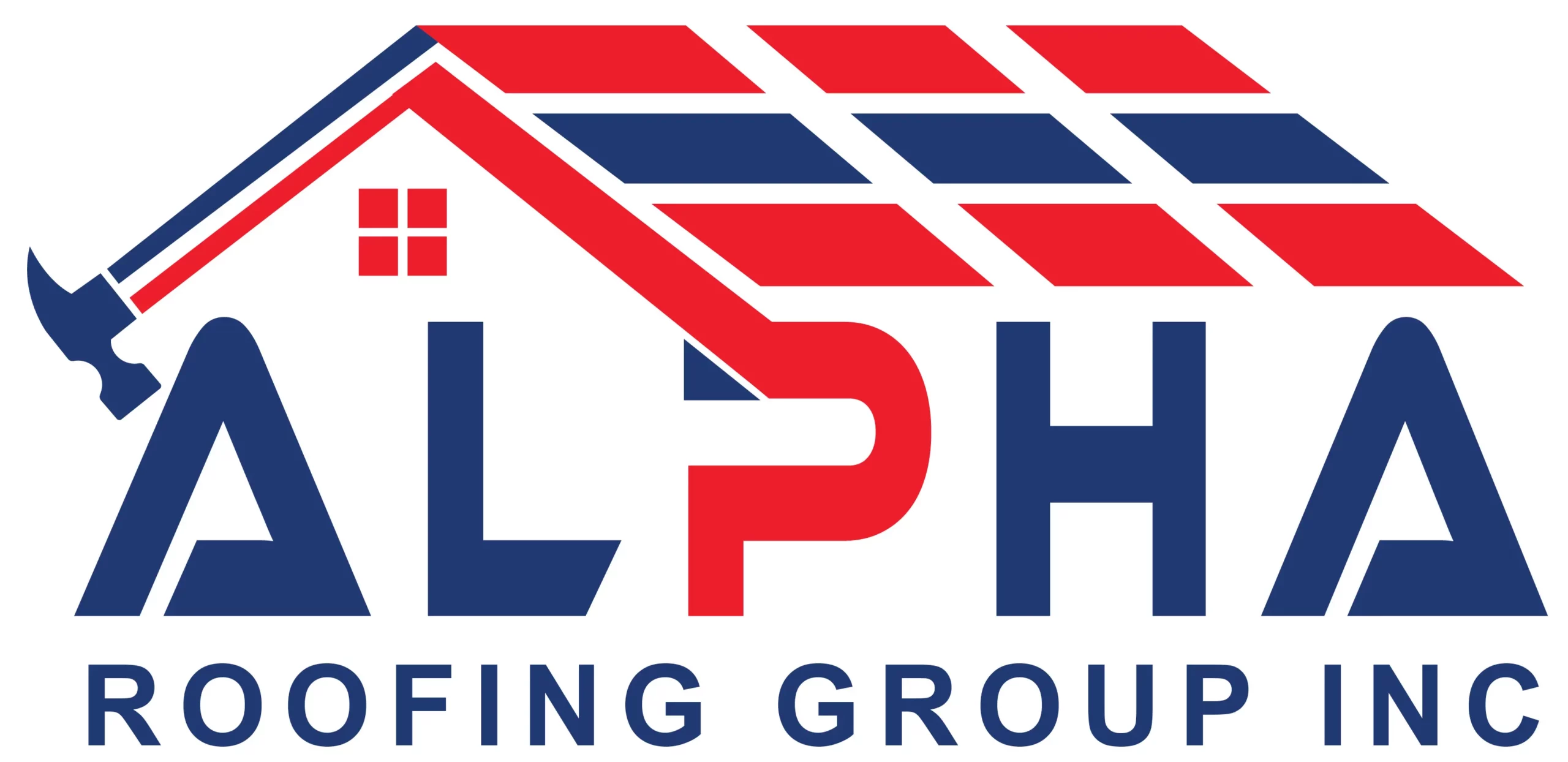Introduction
Business owners in Simi Valley, CA, recognize that optimizing energy efficiency isn’t just an environmental commitment—it’s a strategic financial decision. Reducing energy consumption goes hand in hand with lowering operational costs, and where better to start than at the top with your commercial roof. The synergy between cost savings, sustainability, and performance positions energy-efficient roofing not just as a choice, but a necessity for cost-conscious and eco-aware businesses.
Considering the substantial surface area they cover, commercial roofs are pivotal in controlling a building’s climate and energy use. Investments in energy-efficient commercial roofing can lead to a substantial reduction in energy bills. Moreover, sustainable roofing practices reflect a company’s dedication to reducing its carbon footprint, reinforcing a positive corporate image in the socially conscious market of today.
Alpha Roofing, serving Simi Valley and surrounding areas, is at the forefront of delivering these energy-saving solutions to commercial entities. Guiding businesses towards informed decisions about their roofing needs ensures that the roof over their heads is not only structurally sound but also a contributor to the company’s overall energy efficiency goals.
The Role of Insulation in Energy Efficiency
Overview of Commercial Roofing Insulation Tips
Insulation is the unsung hero of any energy-efficient roofing system. The performance of insulation is measured in thermal resistance, known
as R-value, which indicates the material’s ability to resist heat flow. The higher the R-value, the better the insulation properties, which is key in maintaining a consistent interior temperature. Finding the right insulation for a commercial roof requires an understanding of the building’s specific needs, taking into account the local Simi Valley climate and the building’s own thermal management requirements.
While there are several types of insulation materials available, each comes with its own advantages and degrees of efficiency. When considering commercial roofing insulation tips, materials such as polyiso, extruded polystyrene (XPS), and expanded polystyrene (EPS) often come up as superior choices. These materials not only meet but can exceed the required insulation standards, ensuring that your building stays warm in winter without unnecessary energy expenditure.
Advanced Insulation Strategies
In addition to selecting the right materials, effective insulation involves integrating proper ventilation within the roofing structure. A well-ventilated roof helps to remove excess moisture and ensures a balanced airflow, both of which are crucial to maintain insulation integrity and prevent issues like rot and mold, which can degrade insulation over time.
It’s also vital to address common insulation problems that can lead to significant energy loss. Gaps, compression, and thermal bridging are just some of the issues that can compromise an insulation system. Employing a detailed
Energy-Efficient Commercial Roofing Materials
Reflective Roofing Solutions
One of the most impactful commercial roof energy saving tips is the implementation of reflective roofing, particularly pertinent in the milder winter days experienced in Simi Valley, CA. Such roofing materials can reflect sun rays, significantly reducing the surface temperature of the roof and the amount of heat transferred into the building, leading to considerable energy savings on air conditioning. Alpha Roofing specializes in sustainable commercial roofing options that include highly reflective materials, a method that has been proven to be both effective and cost-efficient.
Innovative Energy-Saving Roofing Materials for Businesses
At Alpha Roofing, we understand that innovation drives efficiency. That is why we stay up-to-date with the latest developments in roofing technologies that can provide tangible impacts on a building’s energy consumption. From high-tech membranes that offer superior insulation and reflectivity to durable and energy-efficient tiles, these advancements in roofing materials translate into measurable energy savings for businesses. These innovative approaches to commercial roofing make it easier to balance the upfront costs with long-term savings, ensuring businesses reap the benefits for years to come.
Commercial Roofing Maintenance to Enhance Energy Savings
Winter Roofing Maintenance: Simi Valley CA Perspective
Maintaining a commercial roof during the colder months in Sim
Handy Tips
Tip 1
Choose roofing materials with high solar reflectance to bounce back sunlight and decrease heat absorption, leading to energy savings during the temperate winter season in Simi Valley.
Tip 2
Enhance your commercial roofing with quality insulation to reduce heat escape in the cooler seasons, promoting a steady indoor climate and trimmed down energy expenditures.
Tip 3
Employ the expertise of Simi Valley commercial roofing professionals for routine winter evaluations and restorations, to maintain the roof’s energy-saving capabilities.
Tip 4
Invest in a professional evaluation of your commercial roofing’s energy efficiency to identify and rectify areas of weakness, enhancing overall energy usage.
Tip 5
Implement eco-friendly roofing solutions and maintenance protocols that align with California’s stringent energy efficiency requirements to secure both immediate and future cost reductions, along with ecological advantages.
Commonly Asked Question
What are the financial benefits of energy-efficient commercial roofing?
Investing in energy-efficient commercial roofing can lead to a substantial reduction in energy bills for businesses. As commercial roofs are significant in controlling a building’s climate and energy usage, improvements in energy efficiency can result in lower operational costs. This strategic financial decision not only saves money but also aligns with a company’s commitment to sustainability.
How does insulation contribute to commercial roof energy efficiency?
Insulation plays a critical role in any energy-efficient roofing system by resisting heat flow, a property indicated by its R-value. The right insulation can help maintain a consistent interior temperature, ensuring that a building remains warm in winter without incurring unnecessary energy costs. Effective insulation techniques and materials, such as polyiso, XPS, and EPS, can exceed insulation standards and contribute significantly to a building’s energy efficiency.
Why is ventilation important in roofing insulation?
Proper ventilation is crucial in roofing insulation because it helps to remove excess moisture and ensures balanced airflow. This prevents insulation integrity issues such as rot and mold, which can degrade insulation performance over time. A well-ventilated roof supports an effective insulation system by preventing common problems that can lead to energy loss, thereby enhancing the overall energy efficiency of the roofing system.
Can reflective roofing materials help save energy?
Yes, reflective roofing materials can substantially reduce the surface temperature of a roof and decrease the amount of heat





